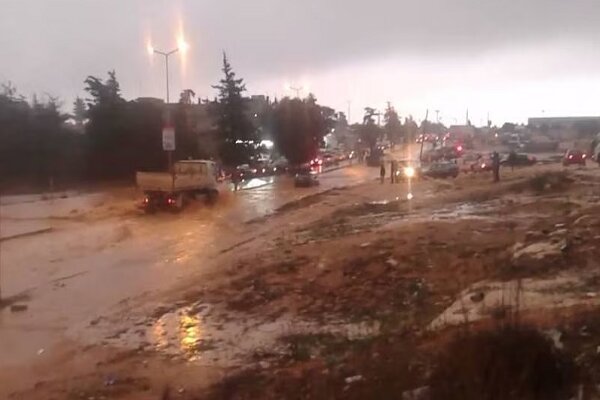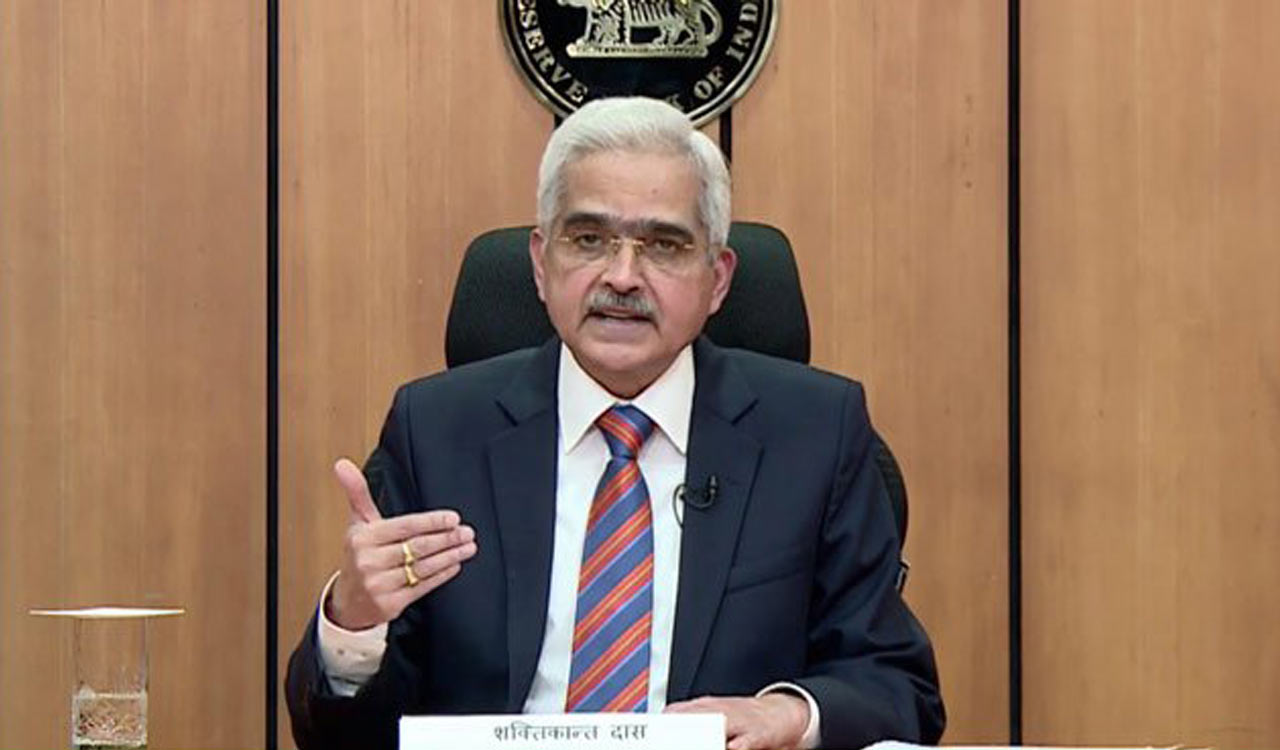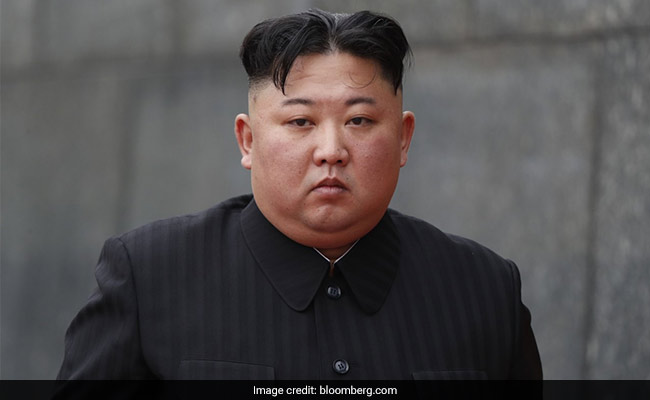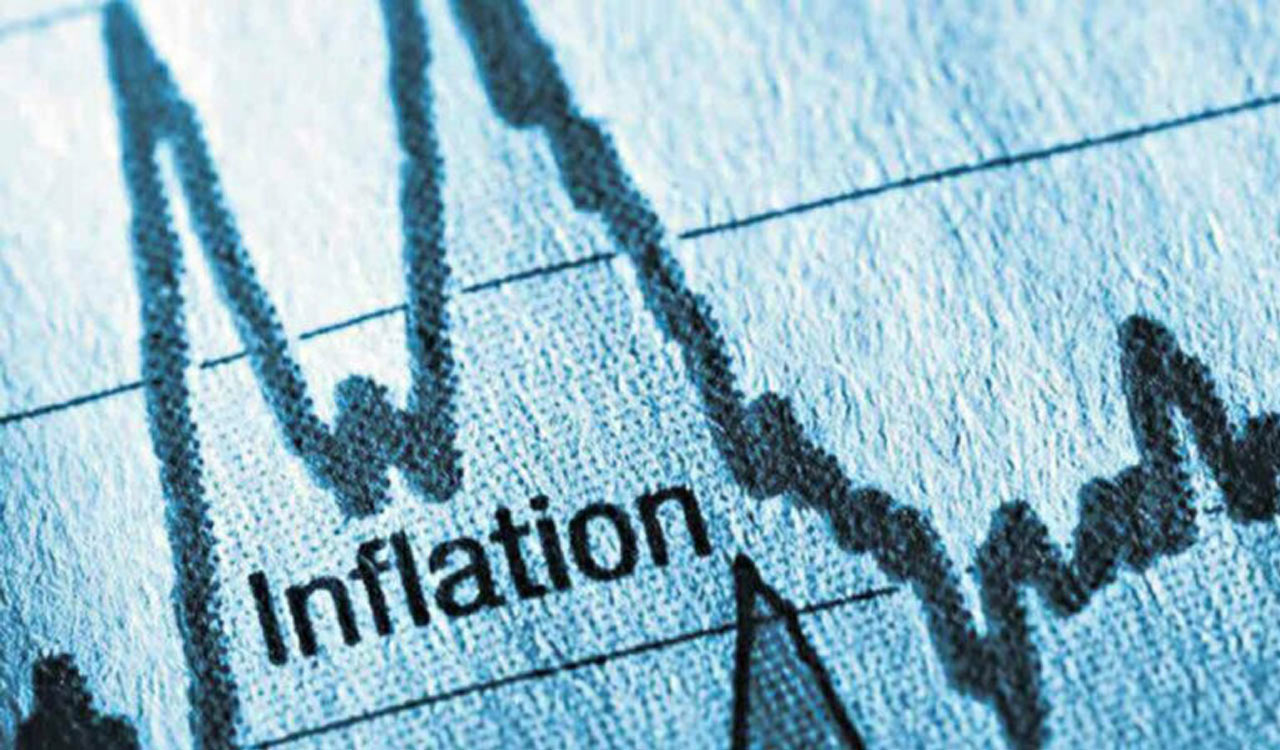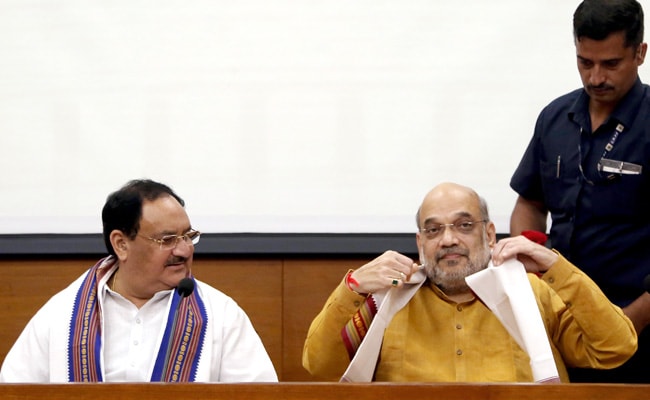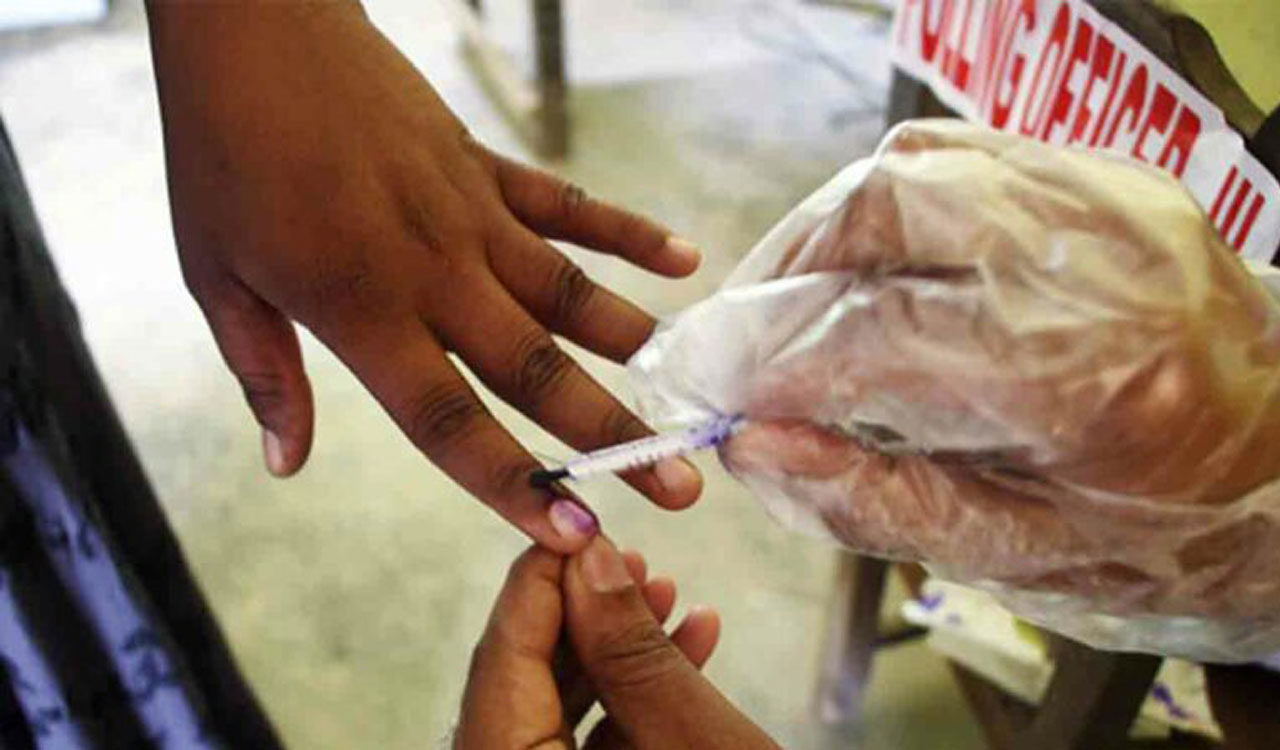North Korea has confirmed that its supreme leader Kim Jong Un left for Russia by Train on Sunday.
Seoul:
North Korean leader Kim Jong Un was travelling to Russia by armoured train early Tuesday to meet President Vladimir Putin, Pyongyang reported, with face-to-face talks potentially focused on weapon sales.
Experts suggest Putin is seeking artillery shells and antitank missiles from North Korea for Moscow’s war in Ukraine, while Kim is reportedly in search of advanced technology for satellites and nuclear-powered submarines, as well as food aid for his impoverished nation.
Kim “left here by his train on Sunday afternoon to visit the Russian Federation” and was accompanied by senior figures in the Communist Party, the government and military agencies, the official Korean Central News Agency reported.
KCNA did not report on the location of Kim’s train Tuesday, including whether it had crossed the Russian border.
On Monday the agency had reported that “the respected Comrade Kim Jong Un will meet and have a talk with Comrade Putin during the visit.”
The Kremlin also confirmed that Kim would visit Russia shortly.
Washington swiftly derided the upcoming summit as a sign that Putin was “begging” for help with his floundering invasion of Ukraine.
The confirmation from North Korea ends days of speculation after US and other officials said recently that Kim, who rarely leaves North Korea, was likely to head to Vladivostok for arms talks with Putin.
Kim has not travelled outside the North since the start of the coronavirus pandemic.
South Korean broadcaster YTN said Seoul “expects that Chairman Kim will hold a meeting with President Putin of Russia around the day after tomorrow”, meaning Wednesday.
Vladivostok will be hosting the Eastern Economic Forum until Wednesday.
Moscow, a historical ally of Pyongyang, was a crucial backer of the isolated country for decades and their ties go back to the founding of North Korea 75 years ago.
Kim has been steadfast in his support for Moscow’s Ukraine invasion, including, Washington says, supplying rockets and missiles.
In July, Putin hailed Pyongyang’s “firm support for special military operations against Ukraine”.
– ‘Pay a price’ –
The White House recently warned that Pyongyang would “pay a price” if it supplies Moscow with weaponry for its war in Ukraine.
On Monday the United States described Putin as desperate in seeking a meeting with Kim.
“Having to travel across the length of his own country to meet with an international pariah to ask for assistance in a war that he expected to win in the opening month, I would characterize it as him begging for assistance,” State Department spokesman Matthew Miller told reporters.
“President Putin launched this war against Ukraine, with its full-scale aggression, with a dream of restoring the glory of the Russian Empire. That hope, that expectation of his, has failed,” Miller said.
Washington has said Russia could use weapons from North Korea to attack Ukrainian food supplies and heating infrastructure heading into winter to “try to conquer territory that belongs to another sovereign nation”.
Miller renewed US warnings that a Moscow weapons deal with Pyongyang could trigger further sanctions.
Andrei Lankov, a North Korea expert at Kookmin University in Seoul, told AFP that a Putin-Kim summit was part of Moscow’s “gentle diplomatic blackmail” of Seoul because Russia did not want South Korea to supply weapons to Kyiv.
Seoul is a major arms exporter and has sold tanks to Kyiv’s ally Poland, but longstanding domestic policy bars it from selling weapons into active conflicts.
“The major worry of the Russian government now is a possible shipment of the South Korean ammunition to Ukraine, not just one shipment but a lot of shipments,” Lankov said.
Kim is well-known for his preference for train travel when it comes to international trips. His father and predecessor, Kim Jong Il, was famously scared of flying.
In 2019, the current leader made the 60-hour return train trip from Hanoi to Pyongyang by train after a summit with then-US president Donald Trump collapsed.
(Except for the headline, this story has not been edited by NDTV staff and is published from a syndicated feed.)
